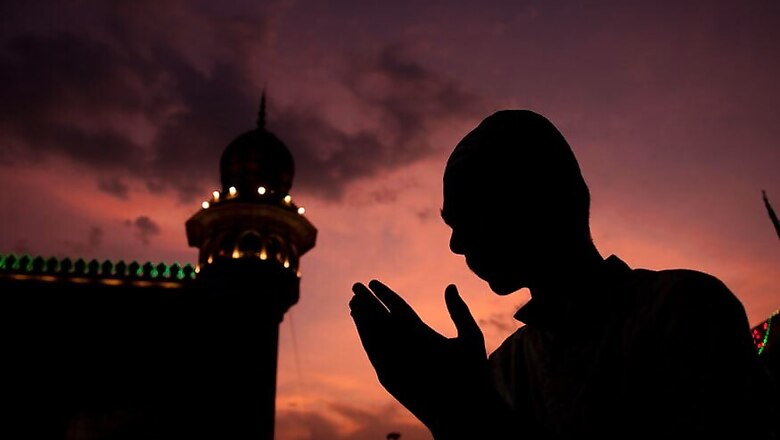
views
We had grown up in the north east, away from extended family and relatives. When on the annual trip for Eid we would come back to UP, we were often mocked for how we were growing up I grew up listening how we lived in a Hindu area and we will die amongst the Hindus and there will be no one to mourn our death. I had wondered then if death can also divide people. Why would there be no one to mourn our death if we lived in a Hindu area and why would we have hordes if we lived in a Muslim area? Surely people came to a funeral because of the work one has done or the love one has spread and not because of one’s religion?
But today I see how death divides us.
The last week saw nation-wide protests against lynchings called ‘Not in my name’. These protests were triggered by 16 yr old juniad’s death in a train from Delhi to ballabgarh. The boy had been returning home after shopping for eid with his brothers in old delhi, celebrating the fact that he had finished memorizing the quran and was now a hafiz. Since the protests, I have been silently following timelines of people around me on facebook. I can see the divide. A stark absence of junaid from people who support a ‘right kind of politics’. A blindsiding of the lynchings being targeted at Muslims. Editorials from giving it a political color. But the bottomline is what we seem to have missed. Junaid and many like him died for the religion they wore on their sleeves.
Junaid was personal for me because it was the sinking haunting fear of your worst nightmare coming true. As if someone else had lived and walked through my own closeted fear and I had been given an extension of a few days to live more. I was too young when babri masjid demolition happened. But I was old enough to let the horror of godhra get under my skin. Ever since train rides have been undertaken with a silent prayer, and fidgeting and heightened awareness of ourselves. The reservation chart outside a train compartment is always read with a sense of impending doom. The usual lone Muslim name always irks in the mind. Knowing throughout the journey that we are marked by our name, compartment, seat number. Junaid seems to have lived what I always feared. He lived my nightmare for me for all of us. To remind us of the india we have become.
But still many amongst us deny the existence of this brutal targeted crimes. A dear friend yesterday asked me while enjoying the view of the rains from my balcony, “why do you feel this fear? It’s just the fringe.” I tell him that I fear because I have grown up knowing that we Muslims are fused in class in the eyes of others. In south delhi DU college canteens, I have been asked, “tum musallman ho?’ In lutyens delhi parties I have been told, but you don’t look like a Muslim! When asked which other Muslim do they know the answers are the usual suspects - the butcher, the darzi or the maid. The fringe doesn't ask us our class. It spots our skull cap and our beards. Its spots our names and our hijabs. it doesn't stop to wait to check on our tehzeeb. Even junaid had given up his seat for an elderly man out of respect. The same man reportedly egged on the crowds to kill junaid. The fringe doesn't kill only the fringe.
I'ts not about the eyes anymore. We cannot see because we hate the ‘other’ who we do not know personally and have heard colored stories about fueled by whatsapp rumors. Today, Hate for hate turns the whole world blind.
(Nazia Erum is a TEDx speaker and author of 'Mothering a Muslim' by Juggernaut Books. She can be reached at @nazia_e. Views are personal)



















Comments
0 comment